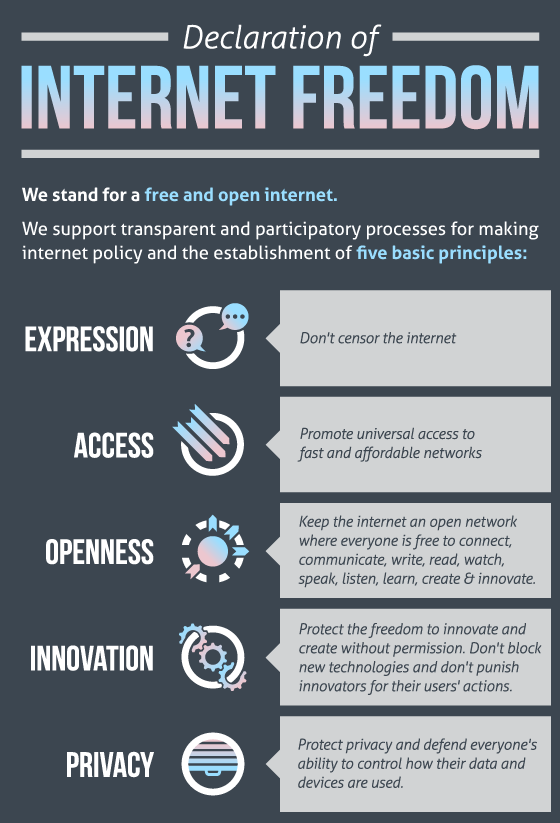There are many influences on one’s choice of political philosophy. The crucial aspect however is almost always the concept of “human nature” one holds – whether apprehended in full conscious awareness or not. Many philosophers have in the past questioned the validity of even asserting a ‘human nature’ at all. Indeed, beyond recognising the human organism’s basic survival needs (and sans Maslov's hierarchy of needs), pinning down a definitive “nature” from which a program of behaviour can be definitively deduced is exceptionally difficult. Counter examples abound to break whatever pattern is set down in stone.
Yet it has been demonstrated repeatedly that the machinery of evolution weighs heavily on human freedom. From R.A.Wilson and Timothy Leary’s ‘Eight Circuit Model’ to Sartre’s description of the ‘Human Condition’ to Geoffrey Miller’s ‘Mating Mind’ it is clear that most of our decisions, conscious and pre-conscious, are dominated by physically hardwired reactions and predilections.
Despite the enormous impact of our physicality and inherited behaviours, humans have developed the capacity to choose otherwise – at least when (self)conscious awareness intervenes. And the aforementioned accounts all include this key aspect. When one moves from consideration of the typical human experience to political philosophy however, something curious often happens:
Because we are evolutionarily geared towards survival, and hence self-interest, many political philosophers have assumed that this, in some kind of bizaare application of “morality”, means that humans are inherently “bad” (or in some cases “evil” – whatever that means). The reasoning is that because we have the capacity to choose otherwise, and very often don’t (because 95%+ of the internal influences on us originate in the body), we must be flawed creatures.
Hence begins the justification for all manner of tyranny over the human being. From the authoritarian church decreeing how one should react to perfectly natural urges and inclinations to the state regulating one’s economic behaviour (and much much more once ‘function creep’ sets in). In both cases the supposition is that us bad, awful human beings, require some supra-human entity (whether church, state or baseless absolutist value) to direct us. The first part of the paradox here of course is that such supervening entities are themselves made up of human beings.
The second part of the paradox is that whether humans are fundamentally “good” or “bad” (whatever that means to you personally), the argument for a supervening entity (state or otherwise) has to fail. If humans are fundamentally “good” (as supposed by anarchists and many Libertarians) then why do we need these entities at all (except where we all gain from the benefits of mutually consenting collective activity)? If humans are fundamentally “bad” (as supposed by statists and authoritarians of all hues) then the very last thing one should be proposing is giving some humans arbitrary power over others.
Either way it’s lose-lose for the authoritarians and statists.








No comments:
Post a Comment